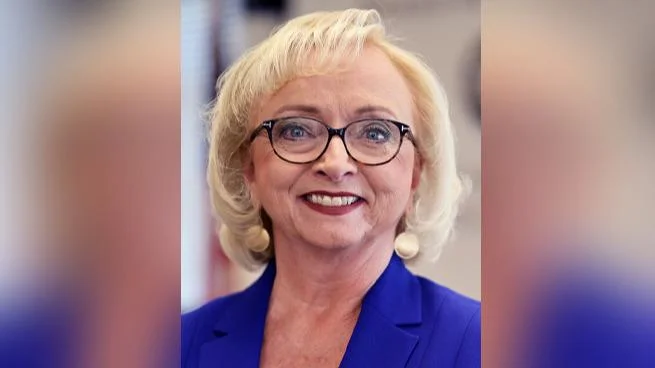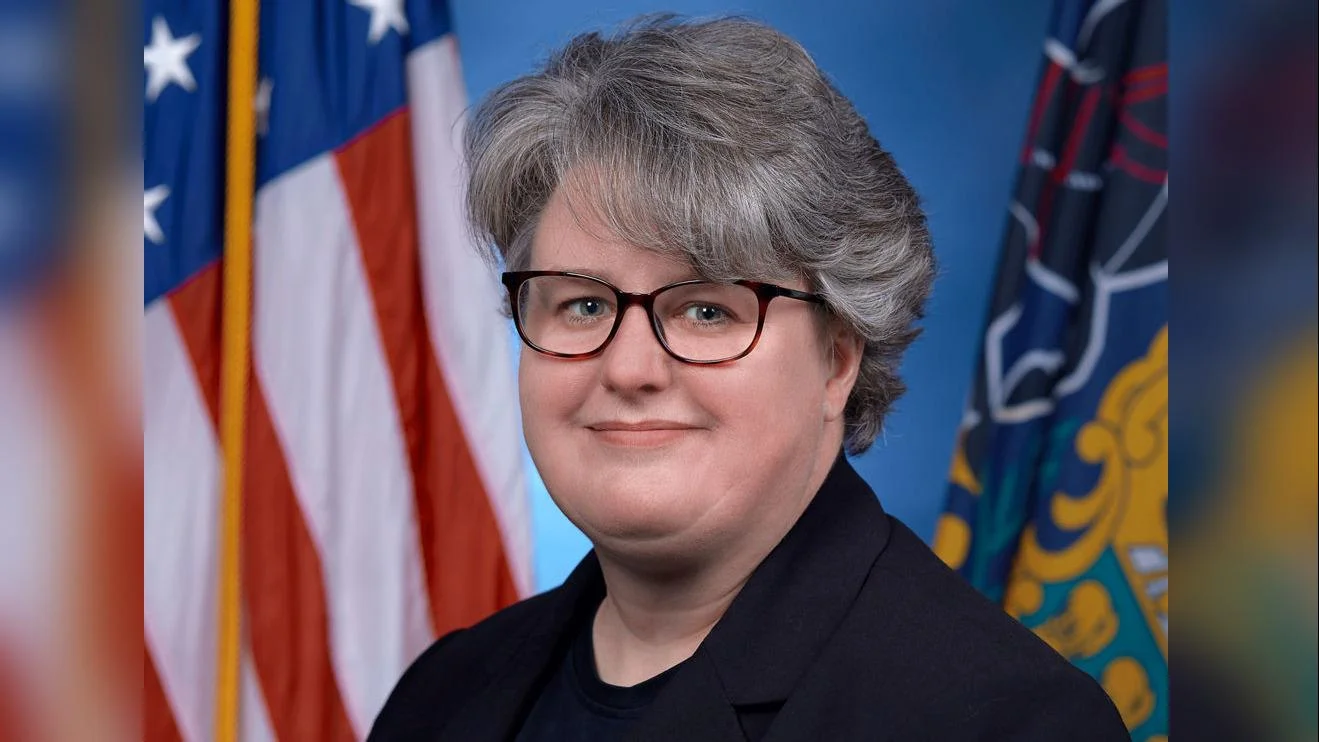
Rachael Ellis Assistant to State Superintendent | Linkedin
In the latest report by the National Institute for Early Education Research (NIEER), Mississippi has advanced to 31st in the rankings for preschool enrollment among 4-year-olds, an improvement from 35th position in the previous year. Mississippi continues to distinguish itself as one of five U.S. states meeting all ten benchmarks recommended by NIEER for preschool quality. These benchmarks evaluate crucial aspects such as teacher qualifications, class sizes, early learning standards, and program assessments.
The 2024 NIEER State of Preschool Yearbook highlights changes in preschool education across the nation. For the 2023-2024 school year, records were set for state-funded preschool enrollment and spending. Presently, 44 states along with Washington, D.C. support preschool programs with most focusing on 4-year-olds. National enrollment includes 37% of children aged four and 8% of those aged three.
In Mississippi, the findings for the 2023-2024 school year include:
- Enrollments in state-funded pre-K programs reached 7,145 children, marking an increase of 1,816 from the year before. This was due to the initiation of the state-funded State Invested Pre-Kindergarten (SIP) Program.
- State financial contributions amounted to $30,542,900, supplemented by $1,251,287 in federal recovery funds. This represents a year-over-year increase of $14,395,473, adjusted for inflation.
- State expenditure per child, considering federal recovery funds, was $4,450 for 2023-2024, which is an increase of $1,185 from the prior year after inflation adjustments.
- Both Mississippi pre-K programs, SIPs, and Early Learning Collaboratives satisfied all ten NIEER research-based quality benchmarks.
Dr. Lance Evans, State Superintendent of Education, emphasized the critical role of quality education for young children in Mississippi, stating, "Providing a quality education for our state's youngest children is essential to academic achievement. Mississippi continues to be a national leader in this area, and we are thankful for the state’s financial commitment to ensuring the success continues."
In the year 2023-2024, Mississippi managed to serve 20% of its 4-year-olds through state-funded pre-K, whereas neighboring states had varying coverage: Alabama at 41%, Arkansas at 32%, and Louisiana at 34%. Though Mississippi does not cater to 3-year-olds in its pre-K program, considering Head Start and other forms of pre-K, overall enrollment of Mississippi 4-year-olds rose to 61% from 52% the previous year.
Across the United States, funds directed toward preschool programs have grown in all but five states with existing systems. Significant increases in spending, exceeding $100 million each, were seen in states like California, Colorado, Maryland, New Jersey, New Mexico, and Texas.
Nationwide enrollment figures for 2023-2024 rose to 1,750,995, with an increase of more than 111,000 since the previous year. Nine states, including Mississippi, reported enrollment gains of over 20%. California and Colorado notably contributed by accounting for over 60% of this aggregate national enrollment hike.
Alabama, Hawaii, Michigan, Mississippi, and Rhode Island are the only states achieving all ten of NIEER's prescribed benchmarks for preschool quality.
A pressing concern exists regarding potential cuts from the Trump Administration to various federal agencies, which could impact Head Start and similar programs. If Head Start financing is rescinded, public preschool access could diminish noticeably, affected states could see a decline of over 10 percentage points, and some possibly by 20 percentage points.
Allison Friedman-Krauss, Ph.D., lead author of the report, commented, "Nearly 15,000 3- and 4-year-olds in Mississippi could lose access to Head Start if federal funding for the program is eliminated. State pre-k in Mississippi, particularly the Early Learning Collaboratives which rely on Head Start partnerships, could also be jeopardized. Increased uncertainty about federal funding underscores the urgency for states to prioritize and expand early childhood investments."
Further information and state-by-state profiles on the NIEER report can be accessed at the NIEER website.
###






 Alerts Sign-up
Alerts Sign-up